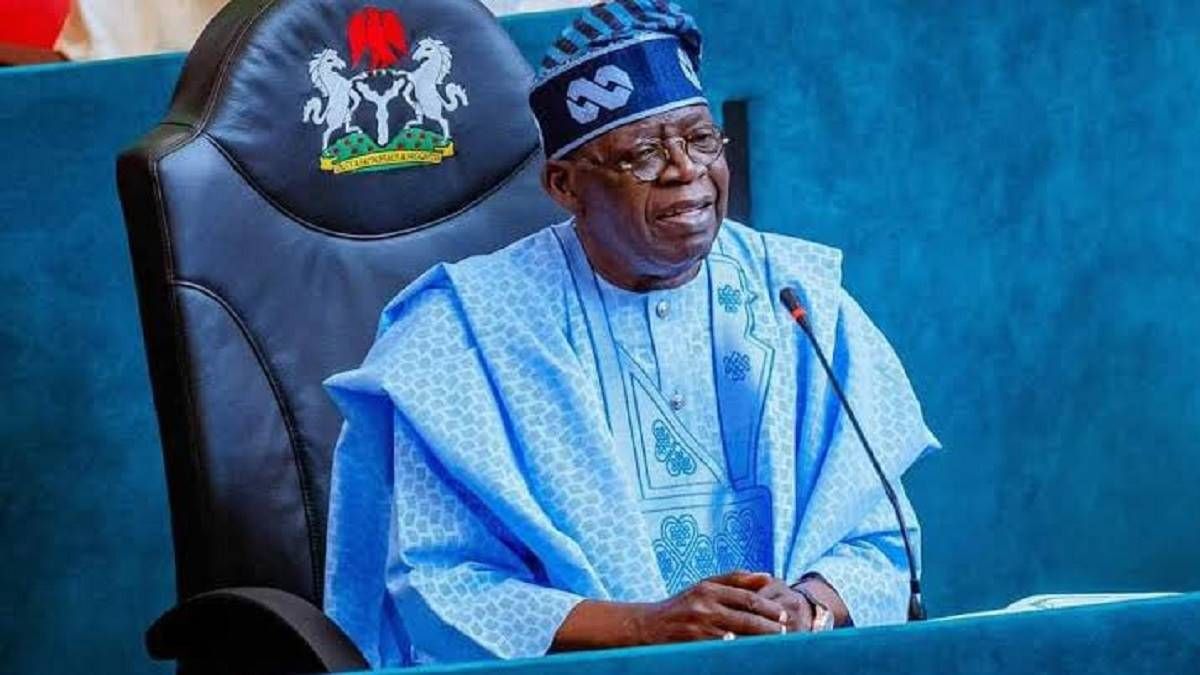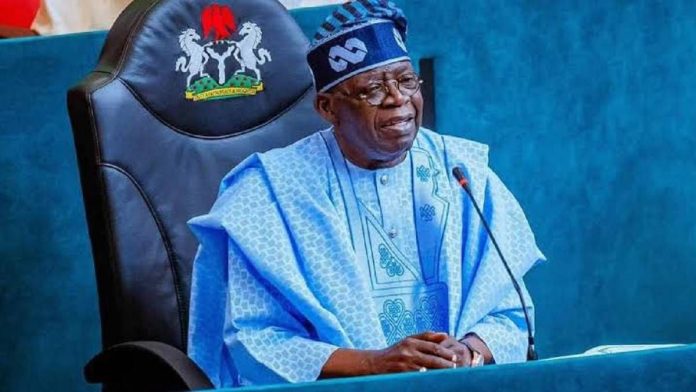‘Nigeria’s Exit from IMF Debt List Critical Signal to Global Financial Markets’
Analysts have applauded Nigeria’s exit from the International Monetary Fund (IMF) debt list, saying the development has sent a positive signal about the country’s ability to manage its external affairs without stress.
The repayment of the IMF loan has sent positive signals to global financial markets, and this is expected to affect the country’s credit ratings positively. Nigeria officially exited the IMF debt list following the full repayment of its $3.35 billion emergency loan secured during the height of the COVID-19 pandemic.
The financing, drawn under the IMF’s Rapid Financing Instrument (RFI) in April 2020, was intended to cushion the dual shocks of the global health crisis and the collapse in oil prices.
According to the IMF’s Resident Representative to Nigeria, Christian Ebeke, “As of April 30, 2025, Nigeria has fully repaid the financial support of about $3.4 billion it requested and received in April 2020 from the International Monetary Fund.”
This repayment was made over a five-year period, inclusive of a 3.25-year grace period, aligning with the concessional terms of the Rapid Financing Instruments.
IMF’s data on public debt reveal a consistent decline in Nigeria’s outstanding liabilities to the Fund — from $2.45 billion in June 2023 to $306.81 million by March 2025, culminating in full repayment of $3.35 billion by April 30, 2025.
Recall that the Debt Management Office (DMO) has reported that Nigeria spent $4.66 billion servicing its external debt obligations in 2024 alone, out of which the sum of $1.63 billion was paid directly to the IMF.
While the principal repayment marks a turning point in Nigeria’s IMF engagement, the country will continue to meet its obligations related to Special Drawing Rights (SDRs).
These are expected to cost Nigeria approximately $30 million annually over the next several years till 2029, in line with standard IMF arrangements.
Meanwhile, SDR charges are calculated based on the difference between Nigeria’s SDR holdings — currently at SDR 3.164 billion, or roughly $4.3 billion — and its total SDR allocation of SDR 4.027 billion, or $5.5 billion.
SDRs, first introduced by the IMF in 1969, serve as supplementary international reserve assets. They are allocated to member countries in proportion to their quotas and play a crucial role during global crises.
In response to the economic fallout from the COVID-19 pandemic in 2020, the IMF executed a general SDR allocation of $650 billion in July 2021 to bolster global reserve positions. This strategic injection of liquidity was particularly beneficial for vulnerable economies like Nigeria.
Notably, IMF Managing Director Kristalina Georgieva had, prior to this time, highlighted the importance of SDR recycling, revealing that some advanced economies had pledged to redirect $24 billion — including $15 billion in SDRs — toward the IMF’s Poverty Reduction and Growth Trust, which supported low-income nations back then.
As Nigeria charts a path toward economic recovery and structural reforms, this achievement marks a rare bright spot in the country’s balance of payments history and serves as a platform for further sovereign credit re-rating, investor reengagement, and debt market stabilization
“Nigeria’s exit from IMF debt obligations is a critical signal to global financial markets. It reinforces Nigeria’s ability to meet international commitments, strengthens its sovereign credit profile, and reflects an increasingly disciplined approach to economic management.
“While residual SDR service charges will persist until around 2029, the repayment of the principal places Nigeria on firmer footing with multilaterals and bilateral lenders alike — improving both investor perception and fiscal credibility”, Cowry Asset Limited said. Nigerian Exchange Index Hits All-time High in Explosive Rally

